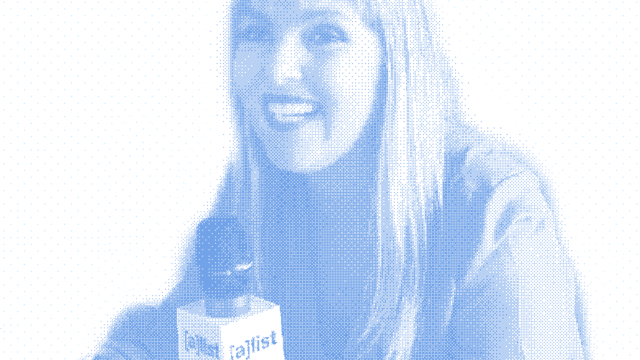When 2.5 billion consumers use and trust your products each day, it is a brand’s responsibility to be mindful of how it shapes the world around it. This is a core ideal for consumer goods company Unilever.
Aline Santos, global executive vice president of marketing and head of diversity and inclusion at Unilever told AList that the proof is in the results. She explains that when the company employed non-stereotypical ads, they yielded 25 percent more branded impact.
“Brand purpose is a fundamental element [of marketing],” said Santos. “If you have a brand that does not have a purpose, people are not going to be interested in talking about stain removal for long—you have to have something behind stain removal to talk about. Purpose is the biggest enabler for us to create content that people seek out.”
After a year of implementing a purpose-driven marketing strategy, Unilever decided to share the information with others. Introduced in 2017, the UnStereotype Alliance includes brands like Unilever, Johnson and Johnson and Proctor and Gamble—companies that normally don’t “sit together,” but unite under a shared goal.
Today, Unilever has a new goal for itself—to change stereotypes not just in advertisements but in the content it supports with advertising dollars. The company has also presented a number of Hollywood studios and producers with the opportunity to co-create “unstereotyped” content. This way, Santos explained, the company would feel more comfortable investing advertising dollars in content that shares its marketing values.
Dove, for example, signed a three-year partnership with Cartoon Network and animated show Steven Universe in April. The partnership includes six animated short films that focus on self-esteem and body confidence.
“More and more, our consumers are moving from TV and interruption advertising into something else that they can curate. We want to be part of this content in a way that is more progressive.”

